Reentering the grid is a challenging experience when planned and voluntary. When unexpected, arbitrary and not of your own making, it is doubly so.
At times, the pragmatic aspects are overwhelming in their breadth, requiring an entire life to be reconstructed and assembled out of sometimes moving parts. But those challenges pale in comparison to the psychological and spiritual hurdles of integrating back into a culture and its norms and expectations.
At times like these, humans seek refuge in comforting spaces, where some things are still the same, a space with a soft, soothing salve of consistency.
They seek a place where grandpa’s tools are still on the shelf.
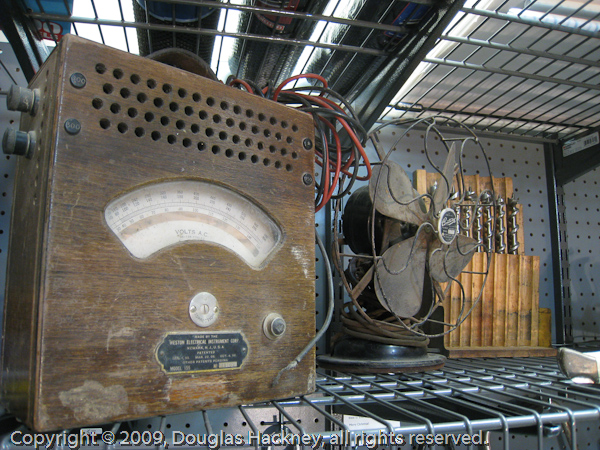
.
And his old steam traction engine tool box still holds pride of place, along with its words of wisdom.
.
What man, especially a still-mentally-off-the-grid man, cannot receive solace and guidance in those words?
And what could be more centering, more grounding, than the old familiar reference works?
But while some things are familiar, some things are the same—but different.
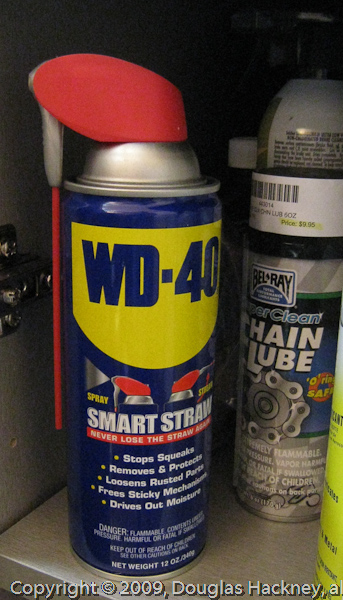
.
I turned my back for five or six years and they went and eliminated one of man’s most treasured rituals, the search for the WD-40 straw.
Even more disorienting is the lack of a garage radio.
.
Music, video, shopping, online reference, and more, all from this? In my garage? Is it possible to do anything without a computer anymore?
It certainly is not possible to find your way around without one. And therein lay a very important symbolic act in the course of re-entry.
.
There was nothing more poignant than the simple act of changing the GPS software from metric to statute. While eminently pragmatic, nothing could be more emblematic of the psychological trauma of reentry. It was the physical manifestation of leaving a tribe of six billion people who measure and weigh everything by simple powers of 10 and voluntarily drinking the Kool-Aid of teaspoons, feet and quarts. Welcome back to America, the land of innovation and progress, where every school kid knows that there are 43,560 square feet per acre, 256 tablespoons per gallon, 1,760 yards per mile and that one bushel equals 1.24445608 cubic feet or four pecks or 74.4734238 pints.
But all was not ironic and regressive.
There was the ritual flagging of the pannier box. And since one box was completely full of places we’d ridden,
that meant I had to continue filling out the other box.
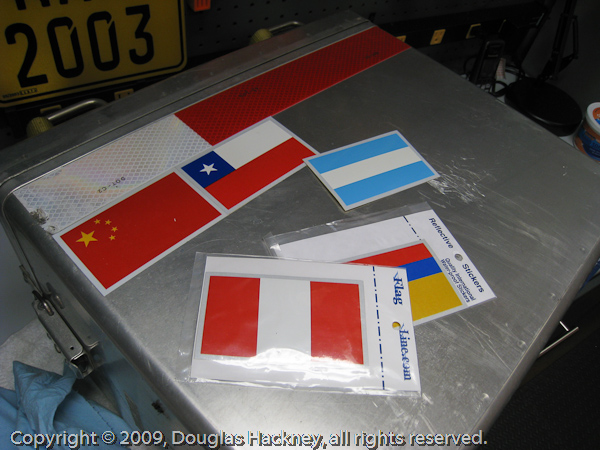
It was interesting to contrast the two boxes. One filled with lots of countries we’d ridden in a couple of years and the other with just a few countries that we’d spent two years exploring. This contrast is a reflection of things we learned along the way and put into practice with a change in our approach to travel: see less but see more.
And to see more, I needed to mount the GPS from the Fuso on the bike, along with its promise of adventures yet to come.
.
But what adventures would those be? How could we keep the flame of exploring the world alive, while temporarily tethered here in the U.S.?
To do that, we sought out a place that was at once entirely familiar and almost foreign; a place so steeped in quirkiness it can be challenging to sort out the animate from the inanimate.
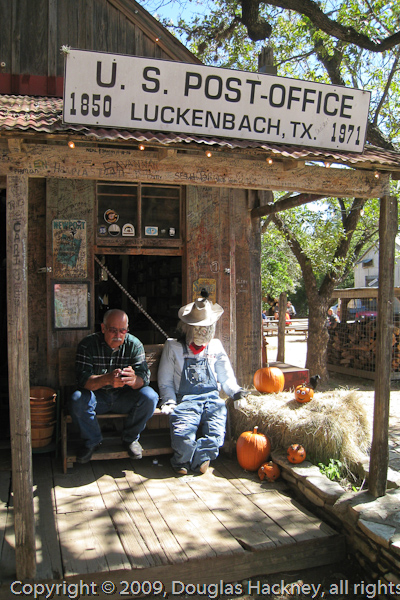
A place where there’s almost always live music,
a place where love lasts forever, or at least for the weekend,
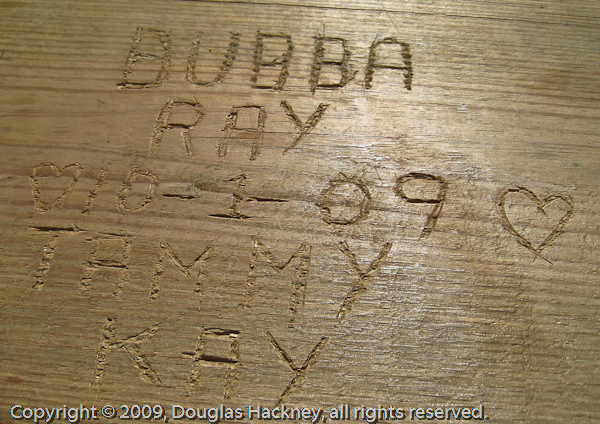
and a place where, as everybody who’s anybody knows:
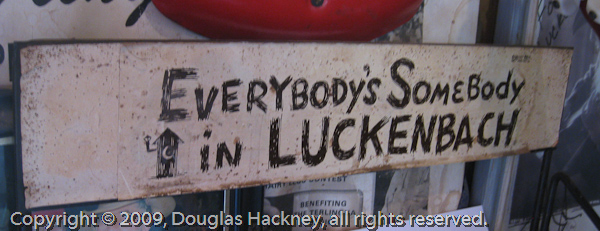
But what purpose could take us there, could pull us from our reverie in the overwhelming, stifling and sometimes suffocating easiness of American life back out into the relative unknown?
Nothing more than to visit some old friends.
Some rare.
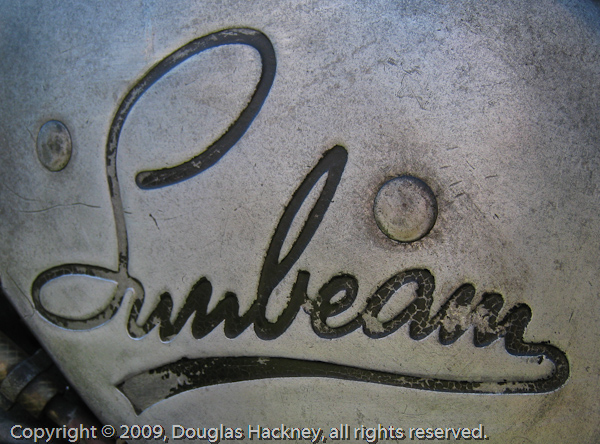
Some familiar.
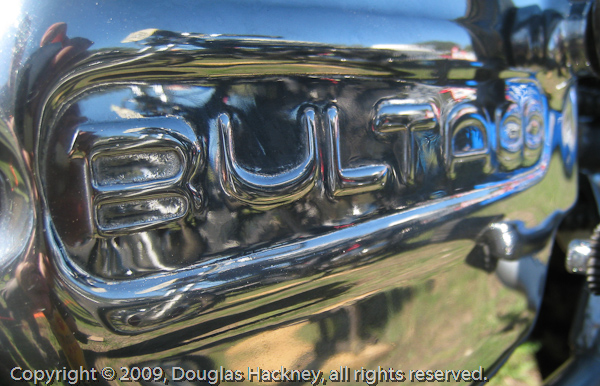
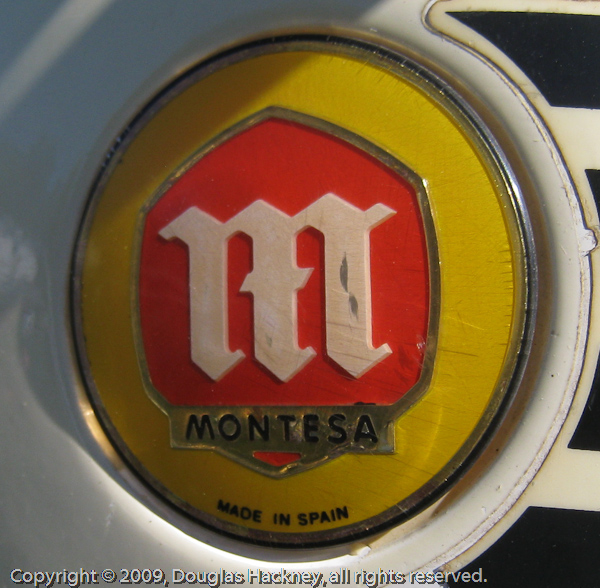
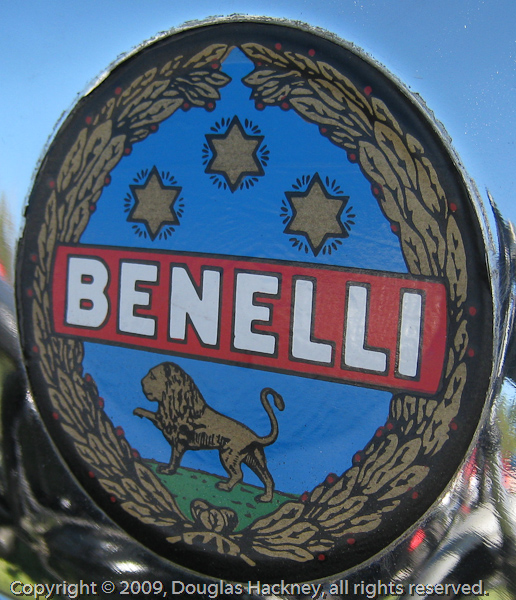
And some less so.
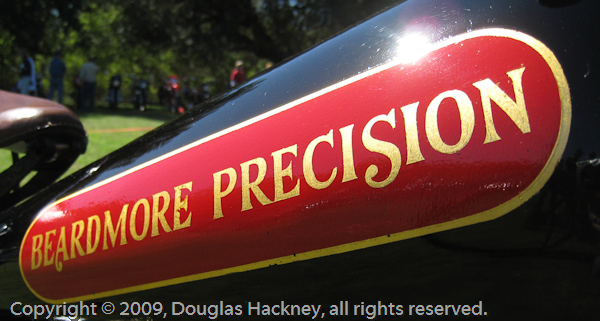
The ride and the event were a small step, a baby step, along the path of coming back into this culture, of reconnecting to the grid. It was a stop at a familiar shrine, a touchstone of constancy, a reassuring marker on this flowing river of change.
It was a place of old things made in the old ways.
But sometimes, when you’re searching for a way to reconnect, the old ways are the best ways.
***** ***** ***** ***** ***** ***** ***** *****
Click here for information on the event: http://www.harvestclassic.org/
.
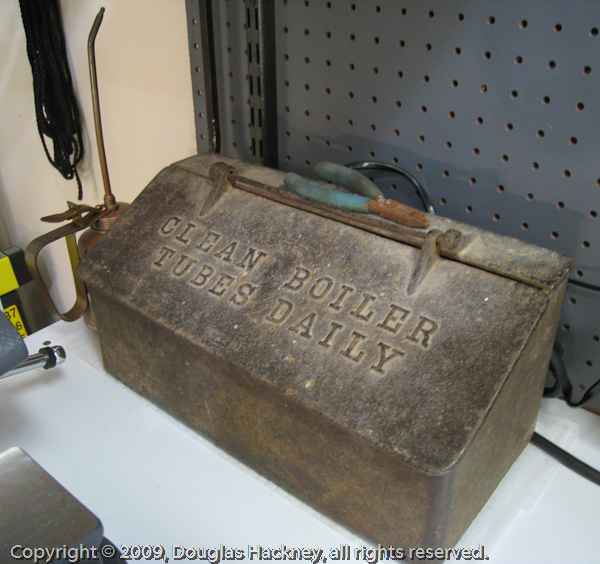
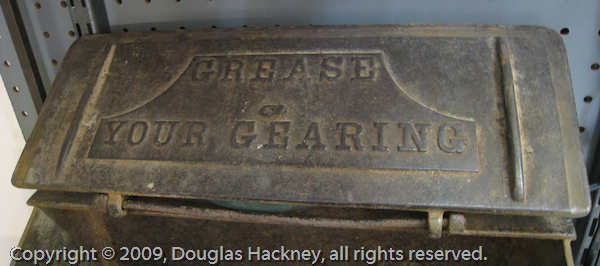
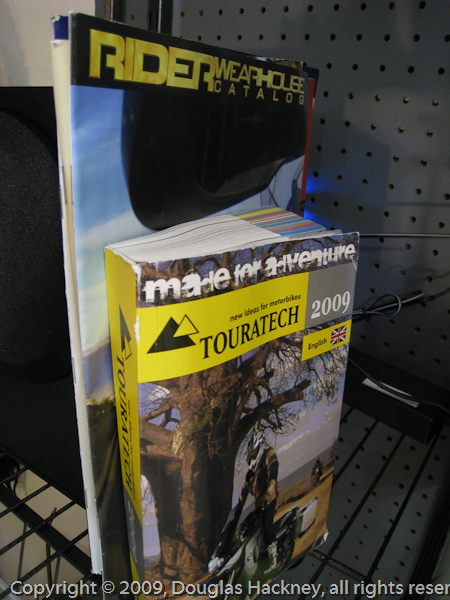
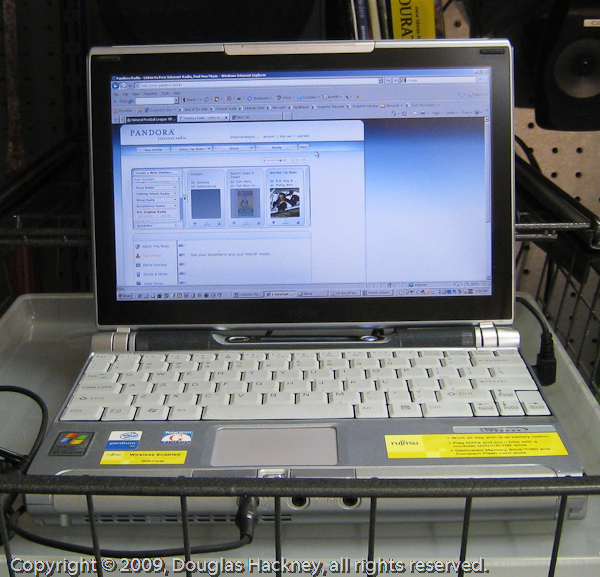
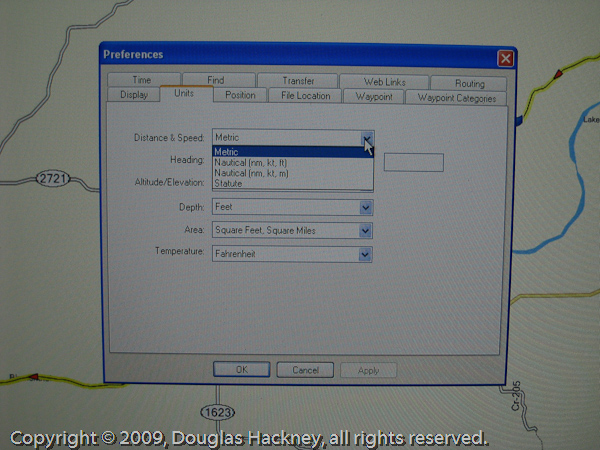
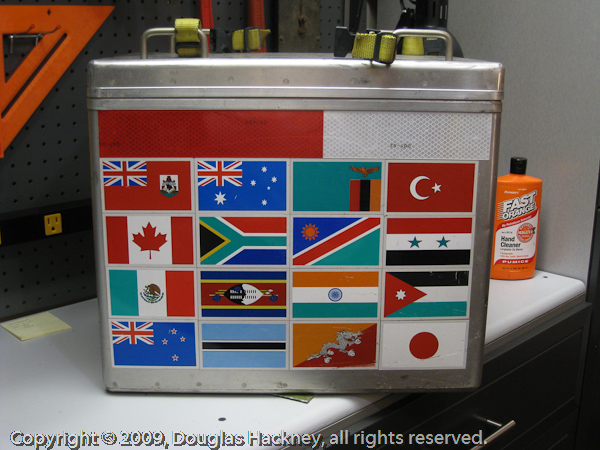
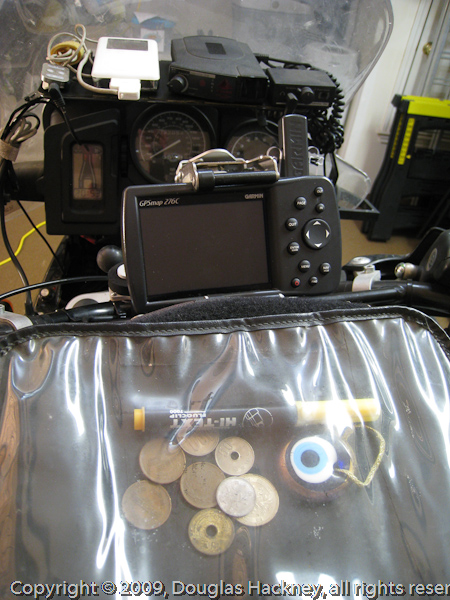
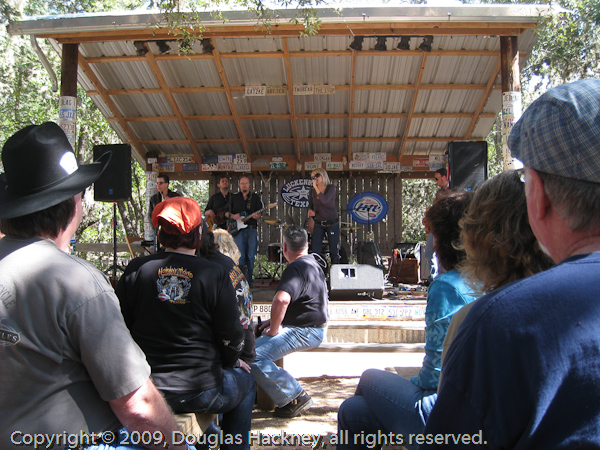
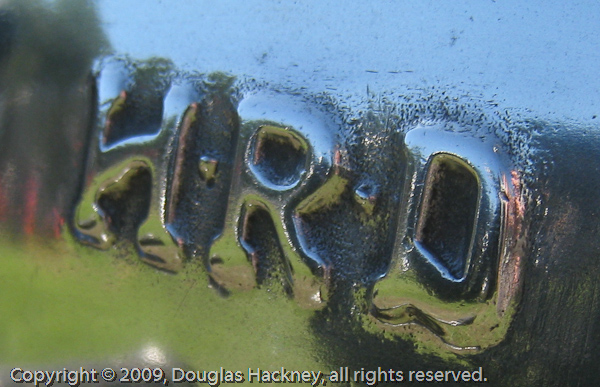
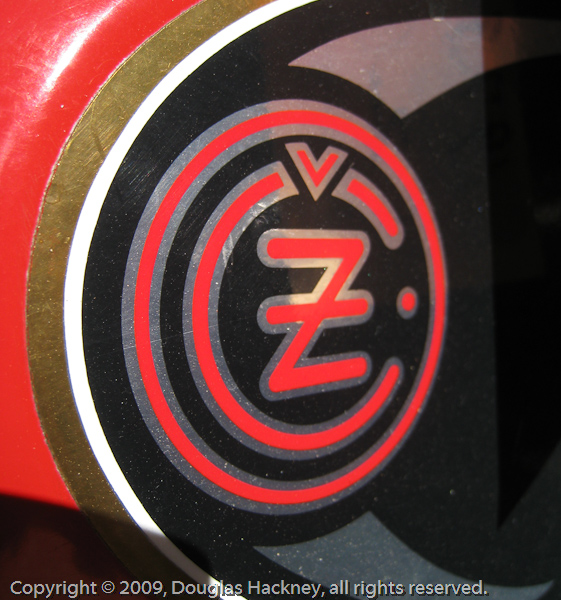
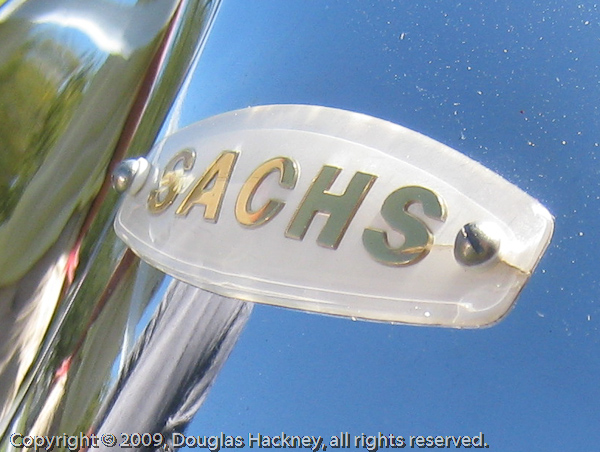
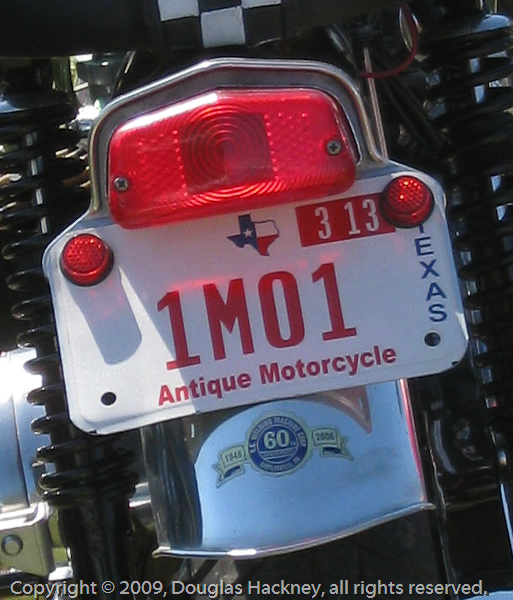
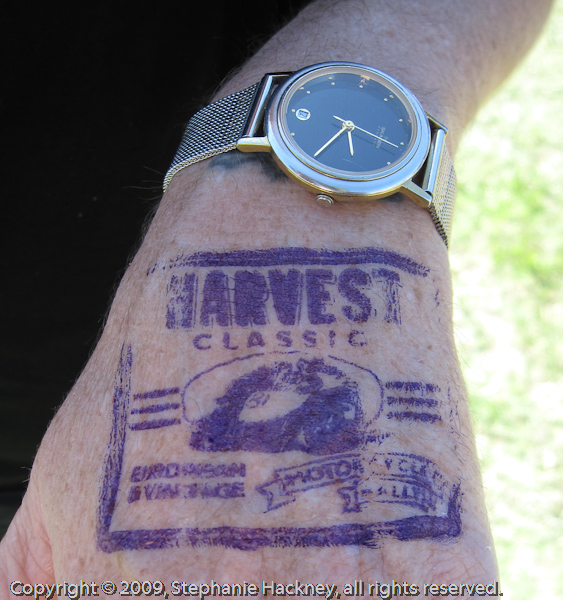
Yesterday, some friends of ours and my wife and I, were in Bastrop, TX. As we walked down a side street, a man and a woman rode up to the nearby curb, parked, and dismounted from the prettiest, cleanest, sexiest looking Triumph motorcycle I’ve ever seen. It was metallic red and chrome and sparkled in the sun. Because I had my camera, I couldn’t resist raising it to my eye to take pictures of this lovely machine. As I did so, however, the man, in a relatively nice, but firm, tone of voice asked me not to take pictures of the bike. “Why?” I asked. “Well, I just don’t like strangers taking pictures of my bike,” he said, and stalked off with his girl friend. So, I lowered the camera, scratched my head in puzzlement, and stood slightly flabbergasted for a few moments. I’m having trouble figuring this one out.
Ron Baker
Ahhhhhh Doug, BIKES! Like Candy…….. I’d do anything for a piece of candy. I love it.
Ron, the guy with the Triumph…. he’s a pinhead…… just likes to say no…….
I felt this way at a lesser level when I returned from Germany, a divieded one when I went and united when I left. I felt odd in the USA for a long time. In some aspects still do.